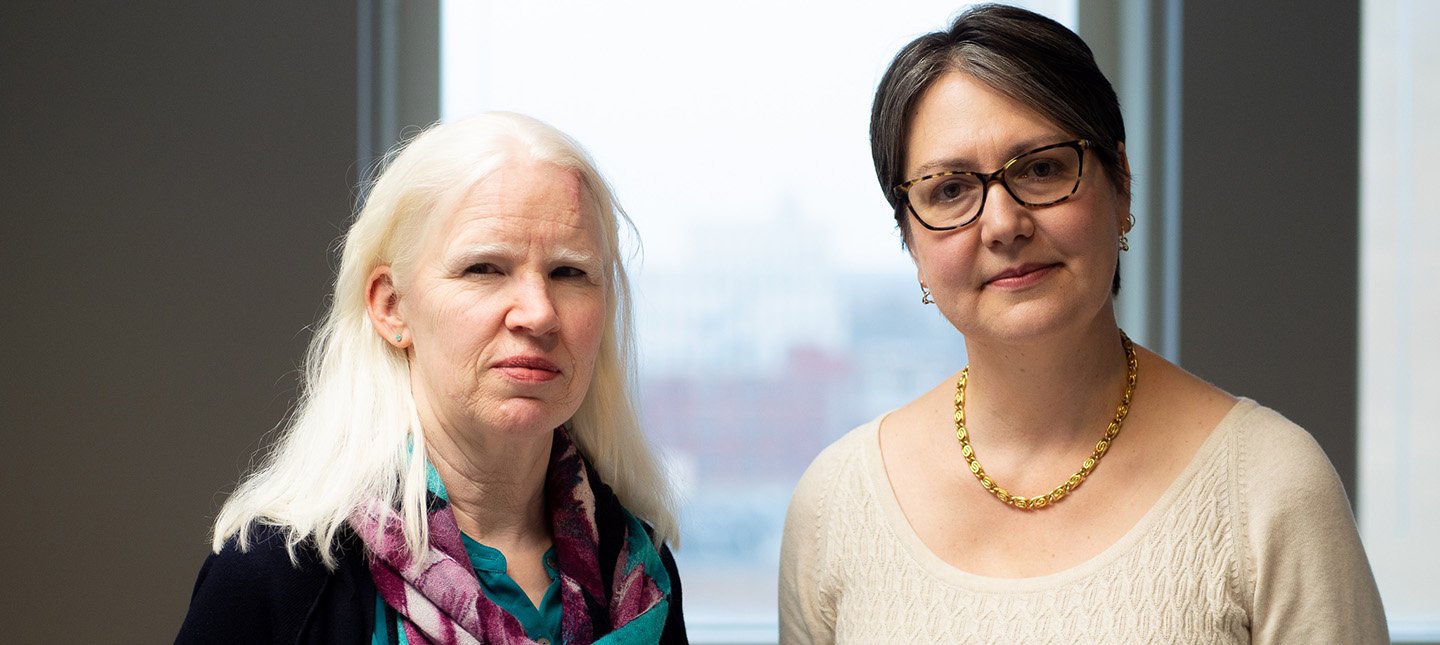Compromising professional integrity is correlated with physician burnout and depression
In a new study, researchers from Regenstrief Institute, Indiana University School of Medicine and Indiana University Health provide insight into physician moral distress, a condition correlated with burnout and depression. The researchers report that about four of 10 doctors caring for older adult patients who require a surrogate decision-maker experienced moral distress.
As defined in the study, moral distress is an emotional experience in which an individual feels constrained from acting on deeply held beliefs, resulting in the sense of compromising one’s professional integrity. Moral distress has been correlated with traumatic stress, burnout, depression and even intent to leave a position or profession.
When hospitalized older adults have impaired cognition, family members or other surrogates communicate with clinicians to provide information about the patient and to make medical decisions for them. When working with these surrogate decision makers, physicians often encounter ethical challenges – such as whether to continue life support or not – that may cause them to experience moral distress with its potential negative consequences.
“Making decisions for patients who can’t participate in the decision-making process is hard for everyone and has a significant likelihood of causing physicians to experience moral distress,” said study senior author Alexia Torke, M.D., associate professor of medicine at IU School of Medicine and Regenstrief Institute research scientist. “About half of older adults rely upon surrogate decision makers, so our findings that 42 percent of these doctors experience moral distress is a large and concerning number which, unless we address the issue, will likely grow as our population ages.”
The study reported that physician moral distress occurred more frequently when (1) the physician was male; (2) the physician was an intern or other junior level doctor; (3) the patient was older; or (4) decisions were required about life-sustaining treatments.
The authors found that physicians were less likely to experience moral distress when (1) caring for patients residing in a nursing home; (2) the physician or family members had discussed care preferences with the patient before that individual became unable to make his or her own decisions; (3) the surrogate decision maker felt emotionally supported by the physician and other clinicians, and (4) whether or not the physician and surrogate decision maker agreed on the course of treatment.
“We learned that communication is clearly key to diminishing physician moral distress,” said study corresponding author Lucia Wocial, PhD, R.N. a nurse ethicist. “Physician moral distress was lower when the patient had expressed his or her preferences through an advance medical directive or even orally to someone – a clinician, the surrogate or other family member or friend – before the patient was cognitively impaired and these preferences were made known to the treating physician.” Dr. Wocial co-chairs the IU Health Ethics Consultation Service and is a faculty member of the Charles Warren Fairbanks Center for Medical Ethics at IU Health.
Dr. Torke added, “Since physician moral distress diminished when the patient’s surrogate decision maker felt supported, efforts to forestall or decrease physician moral distress can focus on working with surrogates as well as the physicians themselves.”
A total of 362 surrogate decision makers of older adult patients who lacked decisional capacity and 152 physicians carrying for these patients were surveyed for the study. The researchers found that a significant cause of physician moral distress was related to the feeling that the care plan included more life-sustaining treatment for the patient than the physician believed was appropriate.
“Factors Associated with Physician Moral Distress Caring for Hospitalized Elderly Patients Needing a Surrogate Decision-maker: a Prospective Study,” was published online ahead of print in the Journal of General Internal Medicine.
Study authors in addition to Dr. Torke and Dr. Wocial are Susan Hickman, PhD of Regenstrief Institute, IU School of Medicine and IU School of Nursing; Christopher Callahan, M.D. of Regenstrief Institute, IU School of Medicine and Eskenazi Health; Greg Sachs, M.D. of Regenstrief Institute and IU School of Medicine; Kianna Montz, M.A.; Lev Inger, B.S. and Emily S. Burke, B.A., all of Regenstrief Institute; James E. Slaven, M.S.; Patrick O. Monahan, PhD. and Paul R. Helft, M.D., all of IU School of Medicine. Dr. Hickman is the director of the IU Center for Aging Research at Regenstrief Institute.
This study was funded by the Research in Palliative and End-of Life Communication and Training (RESPECT) Signature Center at IUPUI, the Greenwall Foundation and the National Institutes of Health’s National Institute on Aging (R01 AG044408 and K24AG053794).
About Alexia Torke, M.D., M.S.
In addition to her Regenstrief appointment, Alexia Torke, M.D., M.S., is an associate professor of medicine and associate chief of the Division of Internal Medicine and Geriatrics at IU School of Medicine. She also directs the Daniel F. Evans Center for Spiritual and Religious Values in Healthcare at Indiana University Health.
About IU School of Medicine
IU School of Medicine is the largest medical school in the U.S. and is annually ranked among the top medical schools in the nation by U.S. News & World Report. The school offers high-quality medical education, access to leading medical research and rich campus life in nine Indiana cities, including rural and urban locations consistently recognized for livability.
About Regenstrief Institute
Founded in 1969 in Indianapolis, the Regenstrief Institute is a local, national and global leader dedicated to a world where better information empowers people to end disease and realize true health. A key research partner to Indiana University, Regenstrief and its researchers are responsible for a growing number of major healthcare innovations and studies. Examples range from the development of global health information technology standards that enable the use and interoperability of electronic health records to improving patient-physician communications, to creating models of care that inform practice and improve the lives of patients around the globe.
Regenstrief Institute is celebrating 50 years of healthcare innovation. Sam Regenstrief, a successful entrepreneur from Connersville, Indiana, founded the institute with the goal of making healthcare more efficient and accessible for everyone. His vision continues to guide the institute’s research mission.










